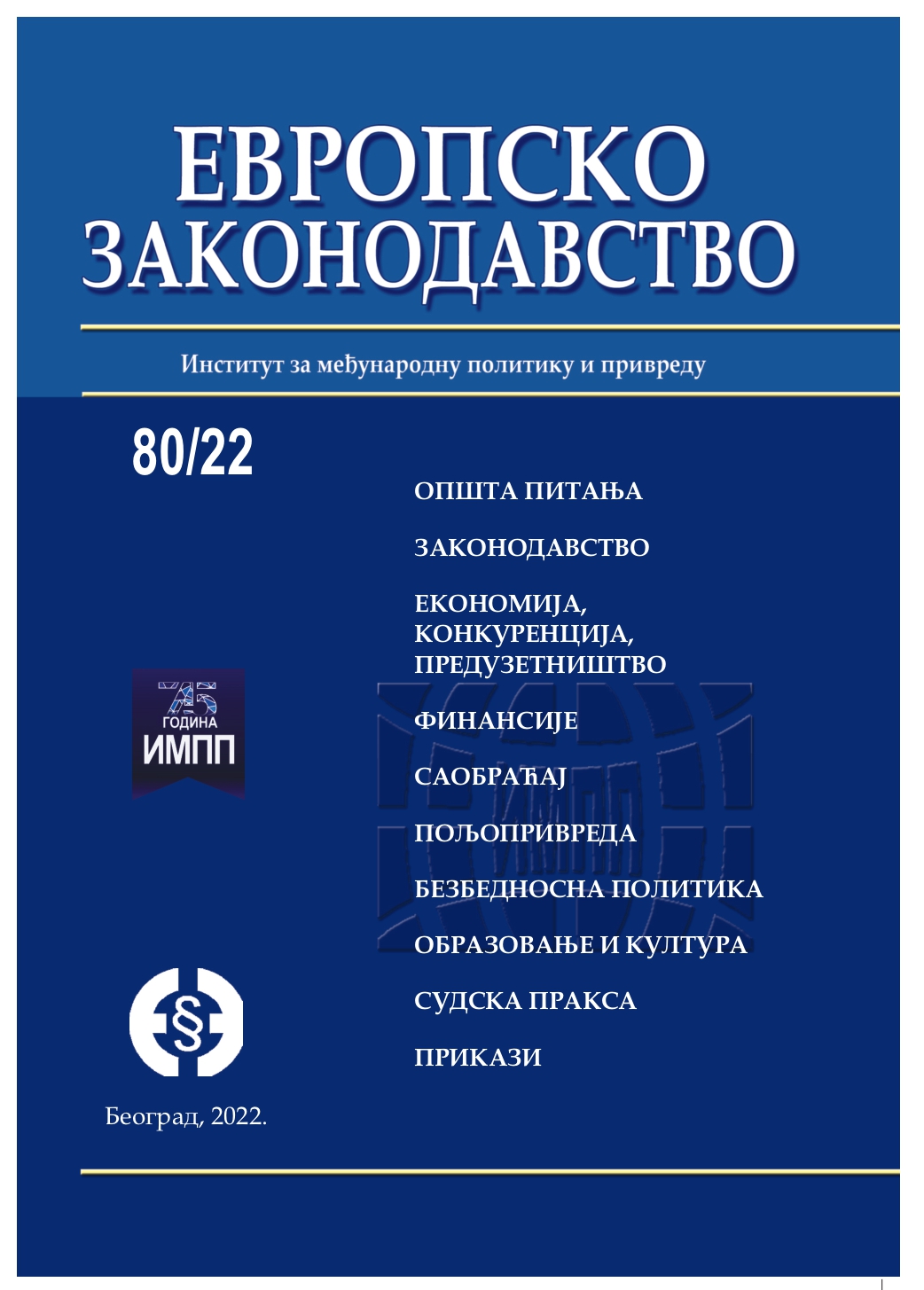Европске интеграције у доктрини немачког Уставног суда: чија реч је последња?
European integration in the doctrine of the Geraman Constitutional Court: who has the final word?
Author(s): Žaklina NovičićSubject(s): Law, Constitution, Jurisprudence, EU-Legislation
Published by: Институт за међународну политику и привреду
Keywords: EU; Germany; Federal Constitutional Court; excess of jurisdiction; ultra vires; constitutional identity; sovereignty; European Central Bank
Summary/Abstract: The subject paper examines the issue of European integration in the judicial practice of the Federal Constitutional Court of Germany (Bundesverfassungsgericht). The analysis includes jurisprudence that was developed according to the principle of the primacy of the law of the European Union (EU)in relation to the national rights of the member states and from whose absolute validity the Federal Constitutional Court gradually deviated. The mentioned practice of the Federal Constitutional Court dates back to the mid-seventies of the 20th century, and it covers a whole series of cases that concerned the protection of basic human rights. As a result of the reserve "as long as" (Solange), the Federal Constitutional Court of Germany established a practise that enabled it to challenge the actions of EU institutions following major revisions to the EU Founding Treaties (from Maastricht to Lisbon). By constructing two new reservations, "constitutional identity" and “ultra vires”, the Federal Constitutional Court challenged the absolute primacy of EU law. Finally, the current disputes before this Court related to the emergency bond purchase programme during the pandemic by the European Central Bank have led to a verdict declaring the actions of this EU institution and the Court of Justice to be ultra vires. However, the current German Government has assured the EU Commission that this will not be a precedent and that such a trend will be stopped. The question remains open: what will be the answer of the Federal Constitutional Court, and what is expected at the end of 2022.
Journal: Европско законодавство
- Issue Year: 2022
- Issue No: 80
- Page Range: 255-278
- Page Count: 24
- Language: Serbian

